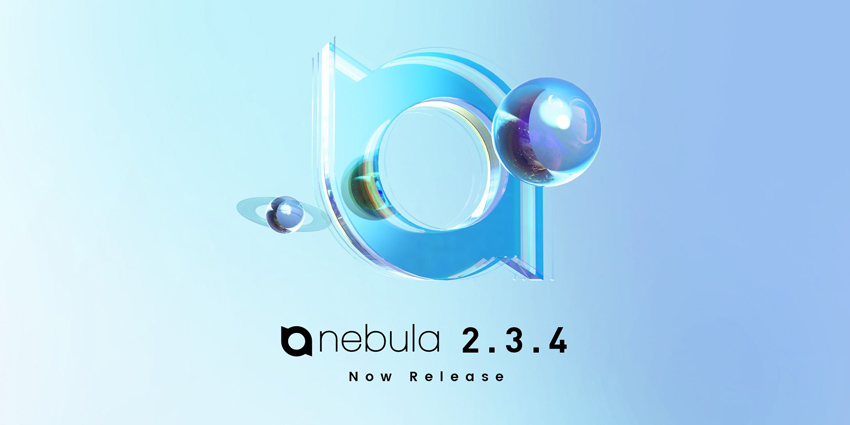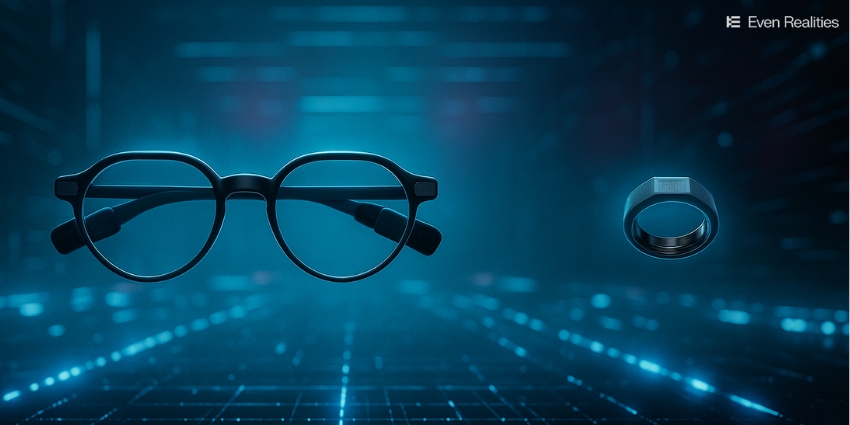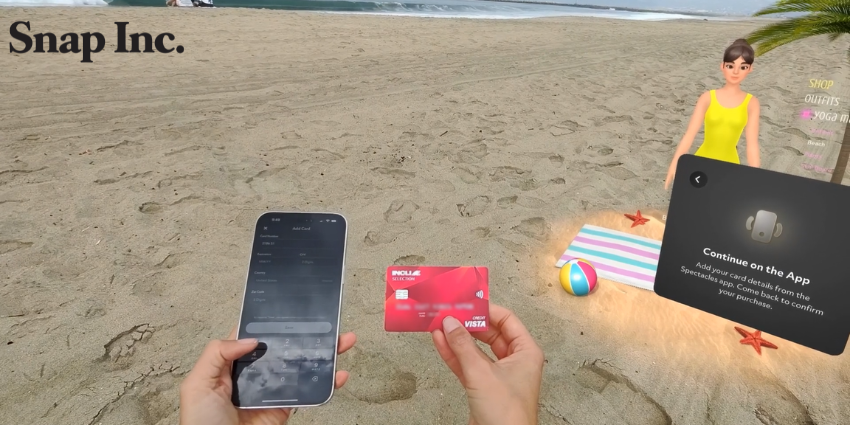Last Saturday, Nreal updated its Nebula smartphone application, which assists with user navigation for the Chinese firms line-up of augmented reality (AR) smart glasses.
The firm updated Nebula to version 2.3.4, introducing two new ways to interact with Nreal Air and Light AR and mixed reality (MR) immersive environments.
As part of the update, Nreal is introducing Air Casting and an MR Space so that users can cast their mobile phone screen and navigate it while inside an immersive environment.
Additionally, MR Space enables Air and Light wearers to use MR applications and immersive online experiences within exclusive 3D environments, such as a portable Imax experience.
The Light and Air products contain similar Nebula features. Although, the Light has enhanced capabilities thanks to added navigational tools on the device.
The Nreal Light supports gesture recognition and full spatial computing, supporting a range of platform-exclusive immersive applications and environments.
Additionally, the Light smart glasses contain more exclusive features such as hand-tracking, plane detection, and screen-recording.
Currently, Nebula is available from the Google Play Store and is compatible with an extensive list of Android devices from companies like LG, Samsung, and Sony.
Nreal Debuts in the UK
Last week, days before the Nebula update, Nreal launched its Air brand of smart glasses in the UK in a partnership with British telecoms giant EE.
EE says that the Nreal Air product will launch in the spring of this year to answer public demands claiming that 35 percent of the UK general public expresses interest in mobile methods of big-screen media streaming.
Nreal Air.
Fast forward from Reality to an Ultra-Reality.
U.K. Spring 2022.#KeepRealAndAirOn #NrealAir #Nrealhttps://t.co/jqnX2DdKhK pic.twitter.com/oaMRd4xg8z— Nreal 👓 (@Nreal) May 2, 2022
Conversely, Nreal faced various issues ahead of its US market debut. Last year, the Chinese firm faced legal action from Unreal Engine parent company, Epic Games, who claimed that the trademarks ‘Nreal’ and ‘Unreal’ were visually similar and could confuse mutual partners.
In the wake of the accusations, the US courts sided with Nreal. After legal troubles, the Chinese firm became a publicly-traded company.
In addition to consumer use-cases, researchers at the University of Bristol conducted a study with Microsoft to create the Peoplelens. A prototype healthcare device for low-sighted children that employs spatial audio from Nreals hardware to read the names of individuals aloud when a child looks at them.







